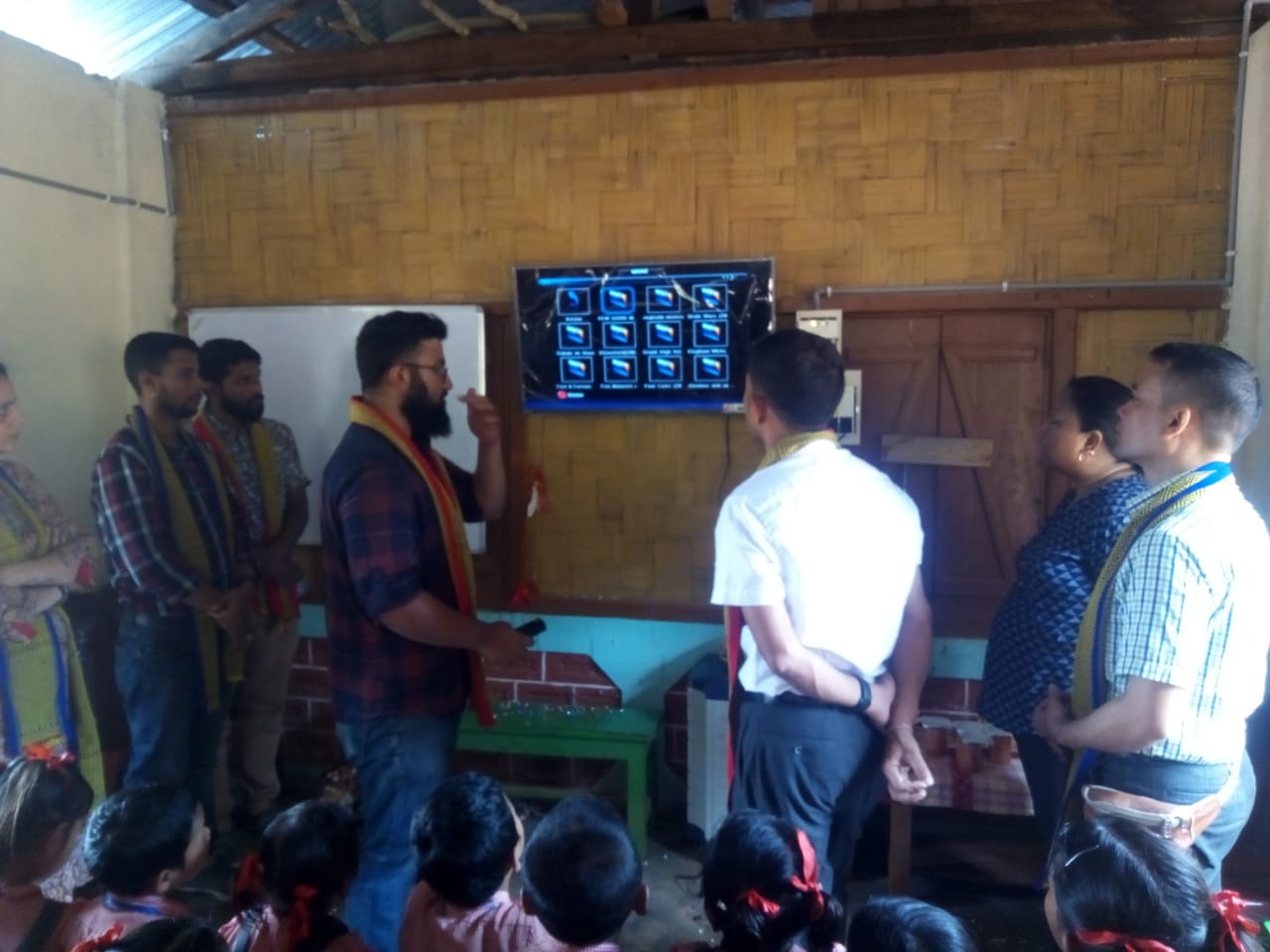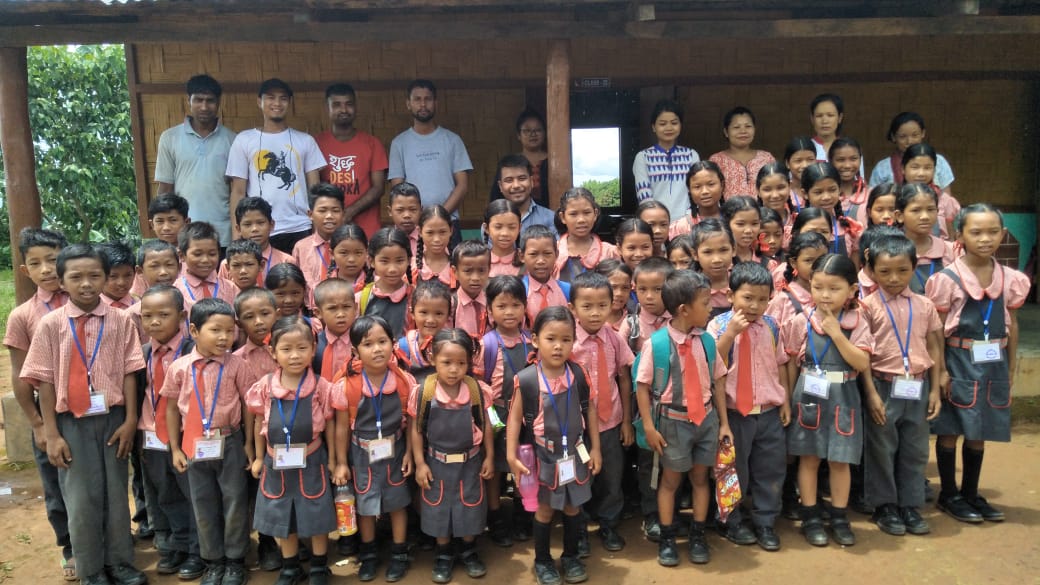


Decentralized Renewable Energy (DRE) in education has the potential to transform the way schools and hostels in remote or underserved areas access reliable electricity. By integrating renewable energy solutions like solar power into the education sector, schools can ensure continuous, sustainable, and cost-effective power supply, which is crucial for running classrooms, hostels, and other educational facilities. Here’s how DRE can benefit the education system, particularly in the context of LED-based smart classrooms and small-scale power plants:

Copyright © 2024 ERES. All rights reserved.